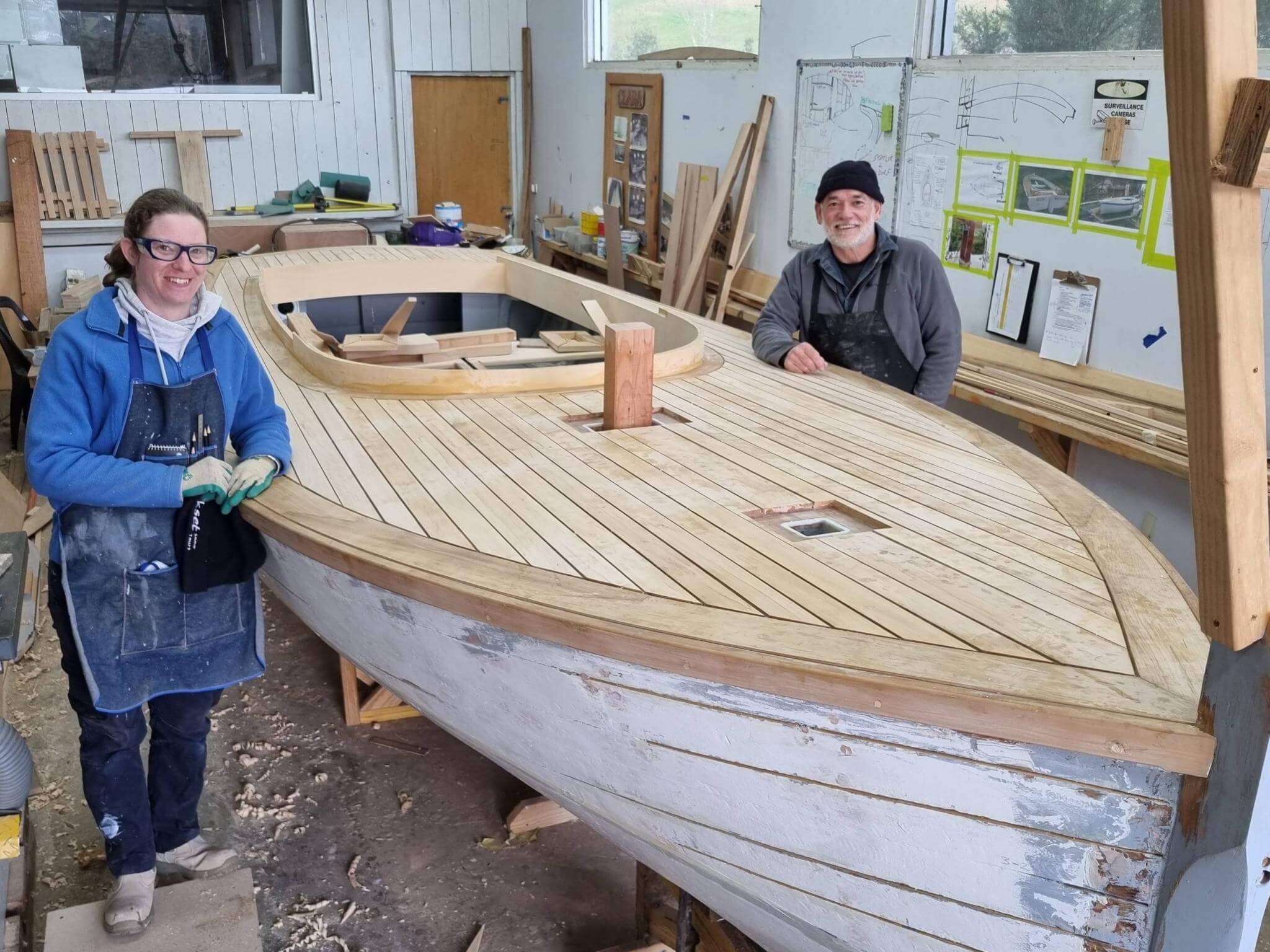Wooden Boat Plans for Beginners: Tips for a Smooth Start

Wooden Boat Plans for Beginners: Tips for a Smooth Start
Building a wooden boat is a rewarding and challenging journey. It allows you to connect with a rich maritime history and create something truly beautiful and functional with your own hands. While it might seem daunting, starting with the right approach and following these tips can make your experience enjoyable and successful.
Choosing the Right Plans
The first step is selecting the perfect plans for your project. This decision greatly influences the complexity, time commitment, and your overall experience. Think about the following:
Skill Level and Experience
Beginners should opt for simple designs like rowboats, canoes, or small dinghies. These typically involve fewer parts and simpler construction techniques. More experienced builders can tackle larger sailboats or more intricate designs.
Available Time and Resources
Consider the time you have available and the tools you have access to. Some plans might require specialized tools or woodworking skills that you may need to learn.
Desired Size and Purpose
Determine the size and purpose of the boat you want to build. This will help you narrow down your options and choose plans that best suit your needs.
Gathering Materials
After selecting your plans, it's time to gather the necessary materials. This might include:
- Wood: Choose quality wood that is suitable for boat building, such as cedar, mahogany, or oak.
- Fasteners: Use marine-grade screws, nails, and bolts to ensure your boat holds up to the elements.
- Epoxy and Resin: These materials are essential for bonding the wood and creating a watertight hull.
- Paint and Varnish: Protect your wooden boat with marine-grade paint and varnish.
- Hardware: Include items like cleats, oarlocks, and other fittings depending on your boat's design.
Invest in high-quality materials to ensure the longevity and performance of your boat. If you're unsure about certain materials, consult experienced boat builders or woodworking professionals for advice.
Building the Boat
Once you have your materials and plans, you can begin construction. Here are some important steps:
Read the Plans Carefully
Take your time to understand the plans and familiarize yourself with the construction process. Pay attention to every detail, including the dimensions, angles, and assembly instructions.
Start with the Frame
Most boat plans begin with building the frame, which provides the underlying structure of the hull. This step typically involves cutting, shaping, and assembling the frame pieces.
Plank the Hull
Once the frame is complete, you can start planking the hull. This involves attaching wooden planks to the frame, creating a watertight and durable hull.
Finish and Detailing
After the hull is complete, you can move on to the final stages, such as sanding, fairing, painting, and adding hardware.
Tips for Success
Here are some additional tips to ensure a smooth and successful boat-building journey:
- Take your time: Boat building requires patience and precision. Don't rush the process.
- Seek guidance: Join a boatbuilding club or find a mentor who can provide advice and support.
- Practice your skills: Work on smaller projects first to develop your woodworking skills before tackling a boat.
- Don't be afraid to ask for help: If you encounter difficulties, don't hesitate to ask for assistance from more experienced builders.
- Enjoy the process: Building a wooden boat is a journey of discovery and learning. Take pride in your work and savor the experience.
Building a wooden boat is a rewarding and challenging endeavor. Remember that it's a process of learning, growth, and accomplishment. By following these tips, you can embark on a journey of building a beautiful and functional boat that will provide years of enjoyment on the water.
0 comments:
Post a Comment
Note: Only a member of this blog may post a comment.